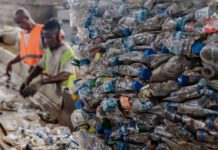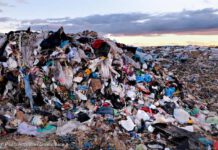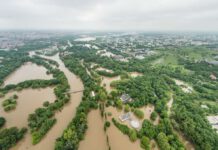Research has uncovered the presence of plastic in a new species of deep-sea amphipod which has been discovered in one of the deepest places on earth.
The amphipod – known informally as a “hopper” – was discovered by researchers from Newcastle University in the Pacific Ocean's Mariana Trench between Japan and the Philippines.
The researchers officially named the species ‘Eurythenes plasticus' in reference to the plastic (polyethylene terephthalate) found in its body.
The research was supported by WWF and published today in the renowned scientific journal Zootaxa.
Heike Vesper, Director of the Marine Programme at WWF Germany, said: “The newly discovered species Eurythenes plasticus shows us how far-reaching the consequences of our inadequate handling of plastic waste truly is. There are species living in the deepest, most remote places on earth which have already ingested plastic before they are even known about by humankind. Plastics are in the air that we breathe, in the water that we drink and now also in animals that live far away from human civilization.”
read more wwf.panda.org/wwf_news/press_releases/?360599/WWF-calls-for-global-treaty-to-stop-plastic…









